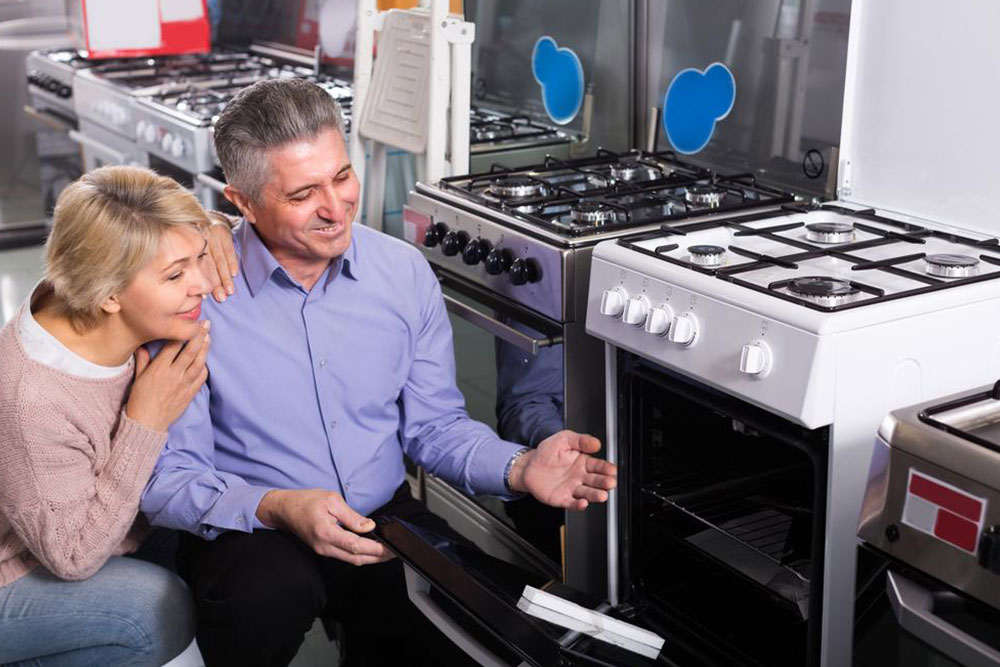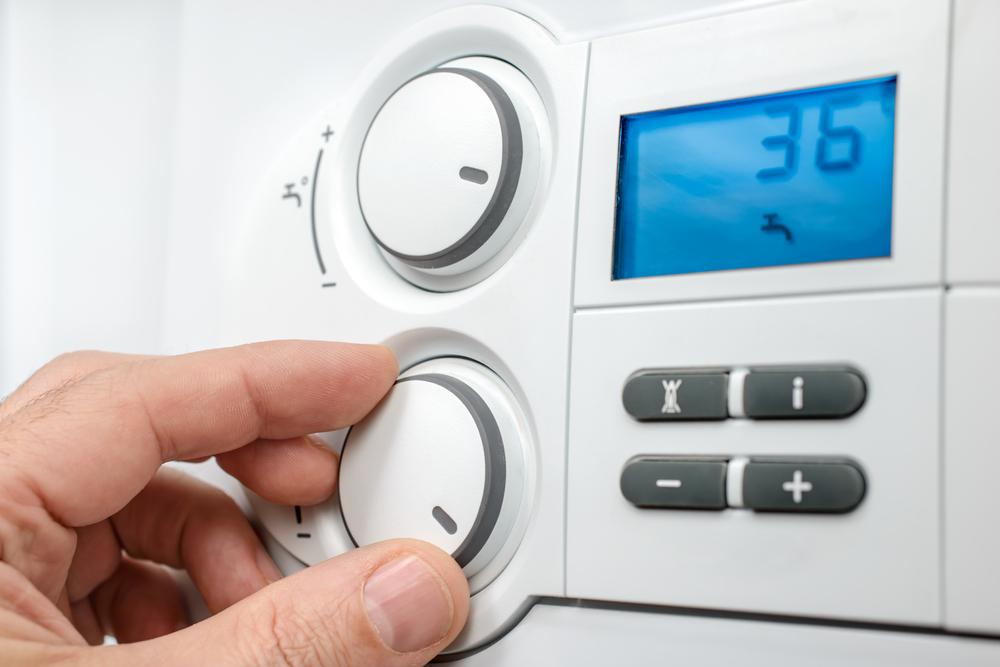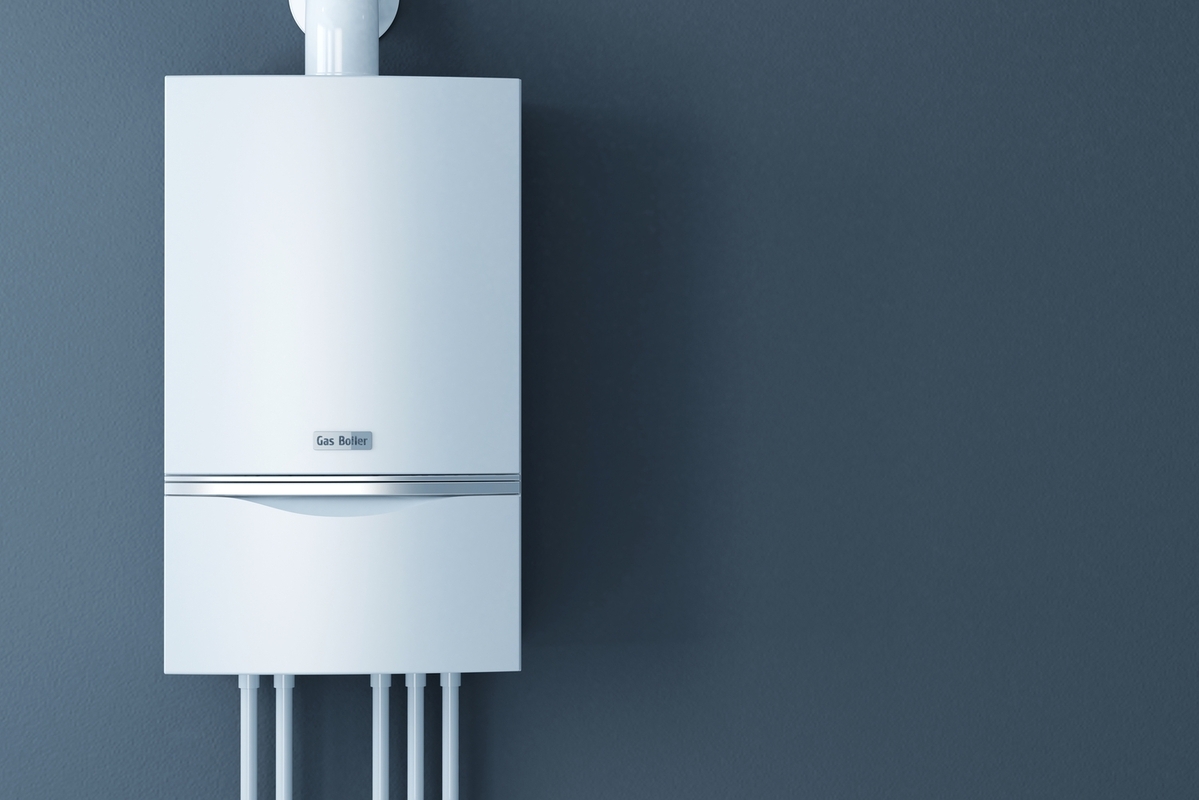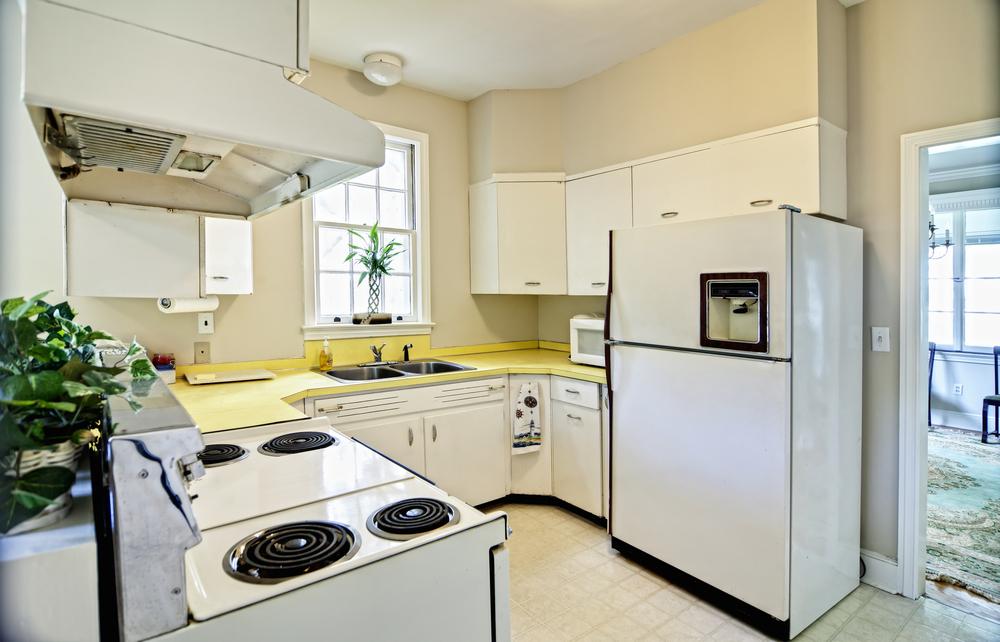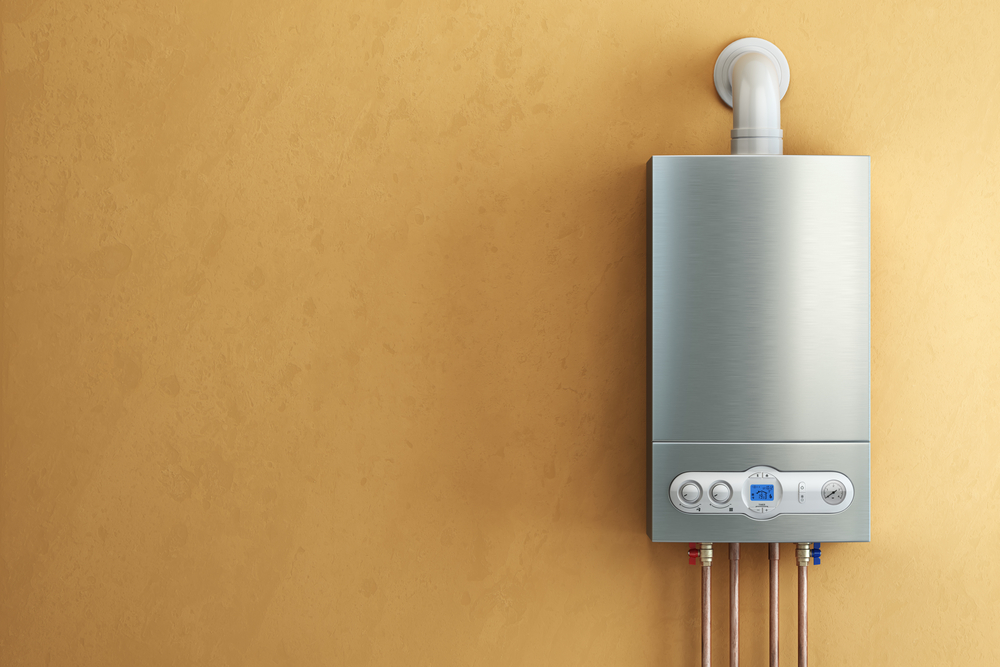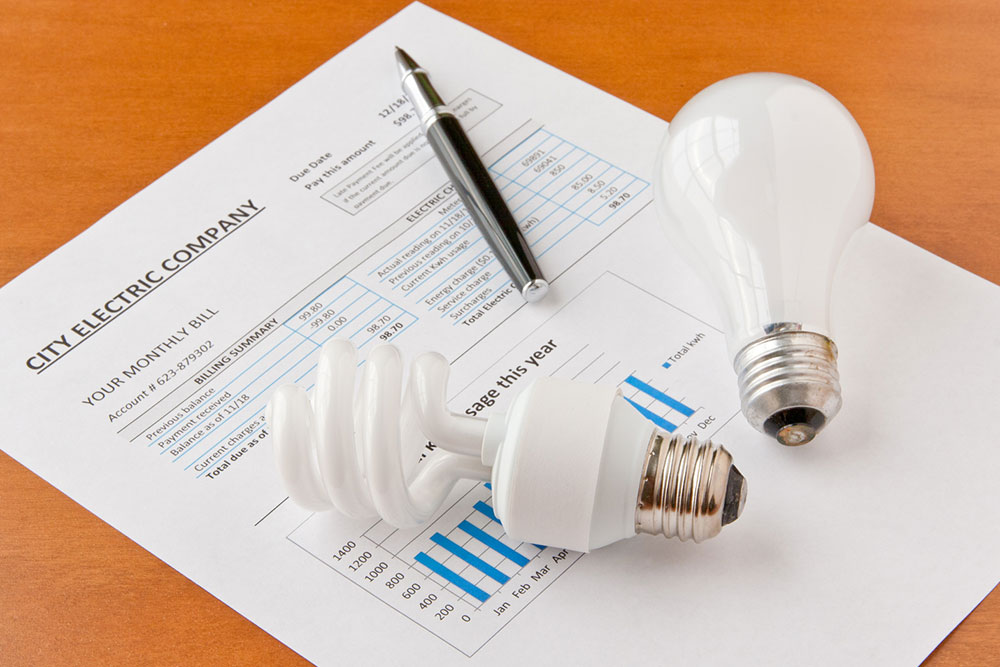Comprehensive Funding Strategies for Elderly Homeowners to Replace Boilers in 2024
Discover comprehensive financing strategies and government-supported schemes available in 2024 to assist elderly homeowners in replacing their boilers. From grants to flexible payment plans, learn how seniors can upgrade their heating systems affordably while reducing energy costs and environmental impact.
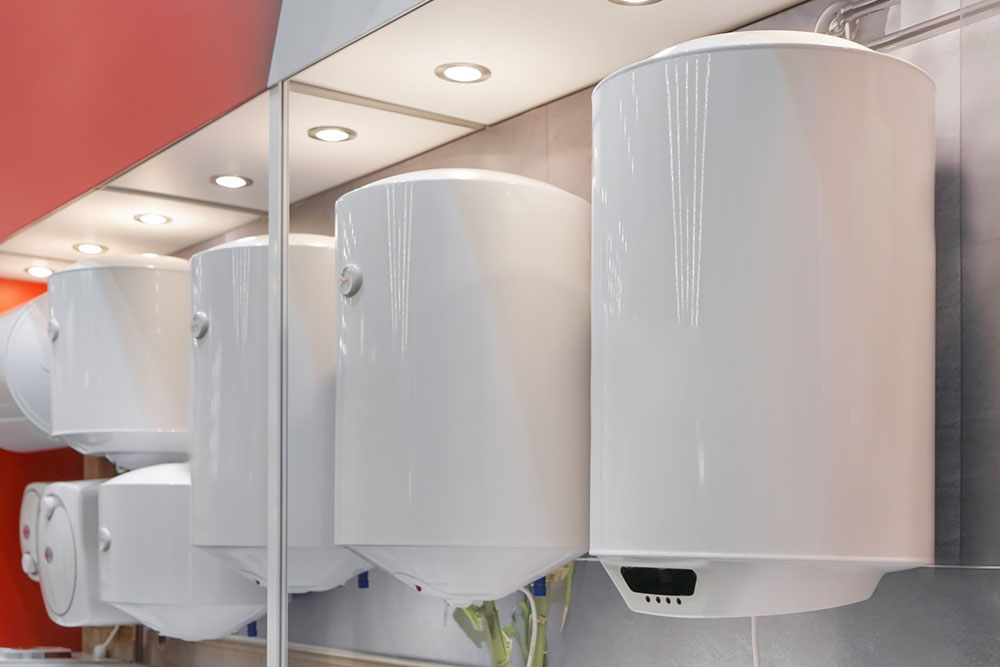
Innovative Funding Solutions for Elderly Homeowners Transitioning to New Boilers in 2024
Upgrading or replacing a boiler is a significant but essential investment for homeowners, particularly for seniors aiming to maintain a comfortable, energy-efficient home. The costs involved can vary widely, typically falling between £600 and over £2,500 depending on the system selected and installation complexities. Recognizing the financial challenges that these upgrades present, various government-backed schemes and grants are now available to assist elderly homeowners in making these improvements more affordable and accessible. This article explores key funding options, eligibility criteria, and practical tips to help seniors secure financial support for boiler replacement in 2024.
1. The Energy Company Obligation (ECO) Support Program
One of the most prominent schemes to help reduce energy costs and promote sustainability is the Energy Company Obligation (ECO). This UK-wide initiative mandates energy providers to fund energy-saving improvements, including replacing outdated or inefficient boilers, in qualifying households. The ECO scheme primarily targets vulnerable groups, such as low-income families, individuals on benefits, and senior citizens, ensuring they have access to essential home upgrades at reduced or no cost.
Eligibility for ECO support typically requires homeowners or renters to obtain landlord approval if applicable. Low-income seniors often qualify if they receive benefits such as Pension Guarantee Credit, Child Benefit, or Universal Credit. Successful applicants may benefit from fully subsidized boiler replacements or significant discounts, significantly easing the upfront financial burden. In addition to boiler upgrades, ECO can fund insulation and heating control improvements, further enhancing energy efficiency and reducing long-term costs.
Aside from equipment upgrades, ECO support often includes additional benefits like energy-saving advice and tailored tariffs, making it an integral part of sustainable home improvement for seniors. Support schemes like this are vital in helping vulnerable households maintain comfortable, safe living environments while reducing their energy bills.
2. The ECO+ Insulation and Heating Support Initiative
The ECO+ scheme builds on the original ECO support, integrating comprehensive measures designed to improve home energy performance. It specifically targets households with Energy Performance Certificate (EPC) ratings of D or below, particularly in council tax bands A through E across England, Scotland, and Wales. The scheme promotes a holistic approach to home efficiency by funding insulation projects, installation of smart heating controls, and boiler replacements with high-efficiency models.
For seniors living in energy-inefficient homes, ECO+ provides a crucial pathway to reducing energy costs. It especially benefits low-income families and vulnerable populations, helping them lower bills, enhance comfort, and decrease emissions. Eligibility requirements may include income assessments and property criteria, with application processes typically managed through local authorities or approved contractors. This support incentivizes incremental upgrades, encouraging homeowners to adopt greener, more efficient heating solutions.
3. Warmth Assistance Scheme for Senior Homeowners
The Warmth Assistance Scheme is a targeted financial support initiative aimed directly at seniors who need urgent home energy upgrades, such as boiler repairs or replacements. The scheme considers various factors, including income levels, health conditions related to cold weather, and housing status. Homeowners or tenants with permission can access grants that offset the costs associated with modernizing their heating systems, thus making energy efficiency improvements more feasible.
This scheme is particularly beneficial during winter months when cold-related health issues are prevalent among seniors. It provides a vital safety net for those at risk of fuel poverty and helps ensure they maintain a warm, safe environment irrespective of their financial situation. Prospective applicants are advised to review government eligibility criteria and work with approved service providers, such as British Gas in Wales, which manages the Nest scheme, to streamline the application process and maximize support.
4. The Boiler Upgrade Scheme (BUS)
The Boiler Upgrade Scheme is a government initiative designed to promote the adoption of renewable and energy-efficient heating technologies. It offers generous grants, up to £7,500, for replacing traditional fossil fuel boilers with environmentally friendly heat pumps, including air-source and ground-source variants. Biomass boilers may also qualify for aid around £5,000, with the ultimate goal of reducing reliance on non-renewable energy sources.
Applicants seeking funding through the BUS are required to engage MCS-certified installers and possess a valid EPC certificate demonstrating the property’s energy performance. The scheme emphasizes the importance of energy efficiency standards and encourages homeowners to invest in modern, sustainable heating solutions that offer long-term savings and environmental benefits. This makes the scheme particularly attractive for seniors interested in future-proofing their homes against rising energy costs and climate change impacts.
5. Alternative Financing and Payment Options
For seniors who do not meet the eligibility criteria for government grants or prefer more flexible financing solutions, several boiler manufacturers and service providers offer tailored payment plans, discounts, and warranties. Trusted brands like Viessmann, Worcester Bosch, and Vaillant often run promotional deals, including cashback offers or discounts of up to £100, to make boiler upgrades more affordable. These options typically include financing plans that spread the costs over manageable installments, easing the immediate financial impact.
Consumers are encouraged to compare different providers, consider extended warranties, and explore cashback incentives to get the best value. Many companies also provide free surveys and quotes, helping seniors make informed decisions without upfront costs. Additionally, some retailers offer trade-in schemes, allowing homeowners to dispose of their old boilers responsibly and receive discounts on new, energy-efficient models.
In conclusion, upgrading a boiler is a vital step toward ensuring a warm, energy-efficient, and environmentally friendly home. By leveraging government schemes, grants, and flexible payment options, elderly homeowners can significantly reduce their financial burden and enjoy the benefits of modern heating technology. Staying informed about the latest support programs and working with certified installers will ensure a smooth, cost-effective upgrade process in 2024. Embracing these funding strategies will not only improve comfort and safety but also contribute to a greener, more sustainable future for all.
